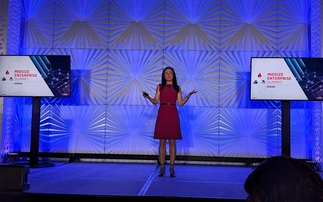The Environment Agency says it does not have the jurisdiction to monitor waste once it has left the UK
IT waste is being dumped in Africa The Environment Agency (EA) has yet to investigate claims that UK computer waste is being illegally shipped to West Africa, insisting that the dumping of IT was...
To continue reading this article...
Join Computing
- Unlimited access to real-time news, analysis and opinion from the technology industry
- Receive important and breaking news in our daily newsletter
- Be the first to hear about our events and awards programmes
- Join live member only interviews with IT leaders at the ‘IT Lounge’; your chance to ask your burning tech questions and have them answered
- Access to the Computing Delta hub providing market intelligence and research
- Receive our members-only newsletter with exclusive opinion pieces from senior IT Leaders




















